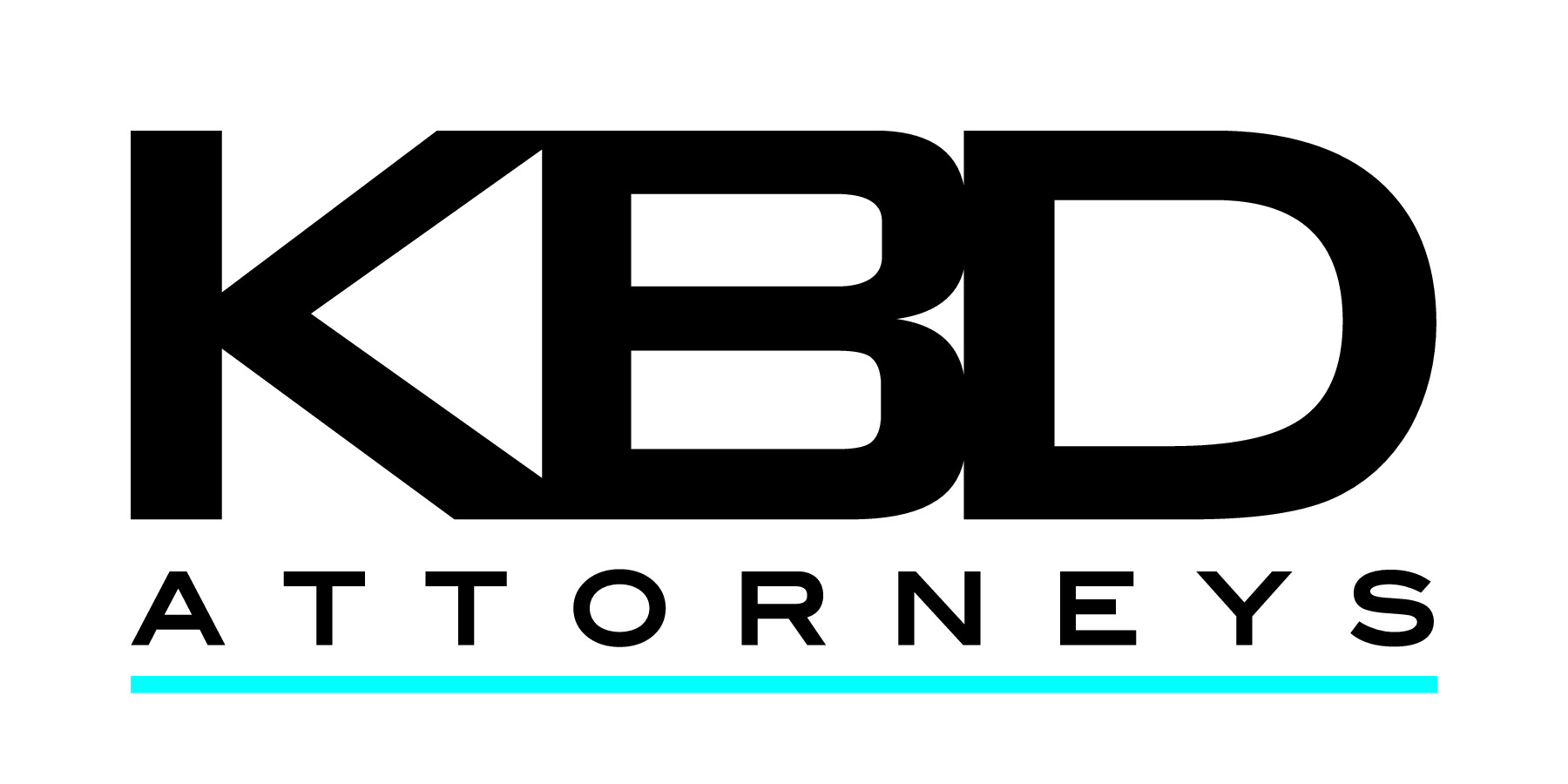Fighting for Justice by Taking Down Human Trafficking Websites
Human trafficking is far more common than we think. While most people think it is a form of kidnapping, that is not always the case.
As KBD Attorney Justin Browne, Esq. reported in the Trial Reporter, many people who are trapped are coerced by people they trust: friends and family. Those running the prostitution rings use addiction, debts, and even the victims own children to keep them around. They run the prostitution from motels, store fronts and online escort services. This is a crime prevalent in Maryland.
“Maryland remains a treasure-trove for human sex and labor trafficking. Maryland is a vital location because many of our highways, especially I-95, provide easy access to some of the most populated communities on the East Coast.” States Farhan Augustine. In fact, the National Human Trafficking Hotline (NHTH) received 444 calls and 115 human trafficking cases reported in Maryland in 2017.
As we discussed earlier, human trafficking is aided by the internet, which allows traffickers to use social media, internet sources, and online advertising to run their businesses. They are able to post advertisements for sex workers and prostitutes using sites like Backpage.com. A few months ago, Congress passed and the President signed a new law, the Fight Online Sex Trafficking Act(“FOSTA”), 18 U.S.C. § 2421A. Unfortunately, Maryland has not enacted their own anti-trafficking laws that provide for a private cause of action.
What is FOSTA?
FOSTA provides for up to 25 years in prison for anyone who owns, operates, or manages a “interactive computer service,” which the Communications Decency Act defines as “any information service, system, or access software provider that provides or enables computer access by multiple users to a computer server, including specifically a service or system that provides access to the Internet and such systems operated or services offered by libraries or educational institutions” 47 U.S.C. § 230(f)(2).
The law also provides a private causation of action. “Any person injured by reason of a violation of section 2421A(b) may recover damages and reasonable attorneys’ fees in an action before any appropriate United States district court.”10 The law is significant because it remedies a long standing issue that previously barred many survivors from a meaningful recovery.
One example of how the new law may be applied is a recent case involving a Baltimore man, Donte Alexander Barr, who was indicted in early June for trafficking 25 women. He is accused of grooming girls as young as 15 on social media and trafficking them into prostitution. A recent article reported he used social media and other internet sources, including posting more than 500 advertisements on Backpage. These online entities may be viable defendants under FOSTA.
The cases are not all sex trafficking, many are human and labor trafficking. Family membere are brought to America from other countries, and are promised higher education and good jobs. Instead they are enslaved as unpaid domestic workers, or are put into labor camps with sixteen hour workdays and no pay.
See Something, Say Something
While each citizen bears the burden of watching and saying something when one sees something, we as plaintiffs’ lawyers have a unique opportunity to help. KBD Attorney Justin Browne recently wrote an article in the Trial Reporter, a premier publication of the Maryland Association for Justice, about Human Trafficking, and FOSTA.
At KBD Attorneys, we are passionate about helping those who are survivors of human trafficking. We know how to investigate cases, to follow the money, to uncover the evidence, and to obtain a verdict that will change behavior.



